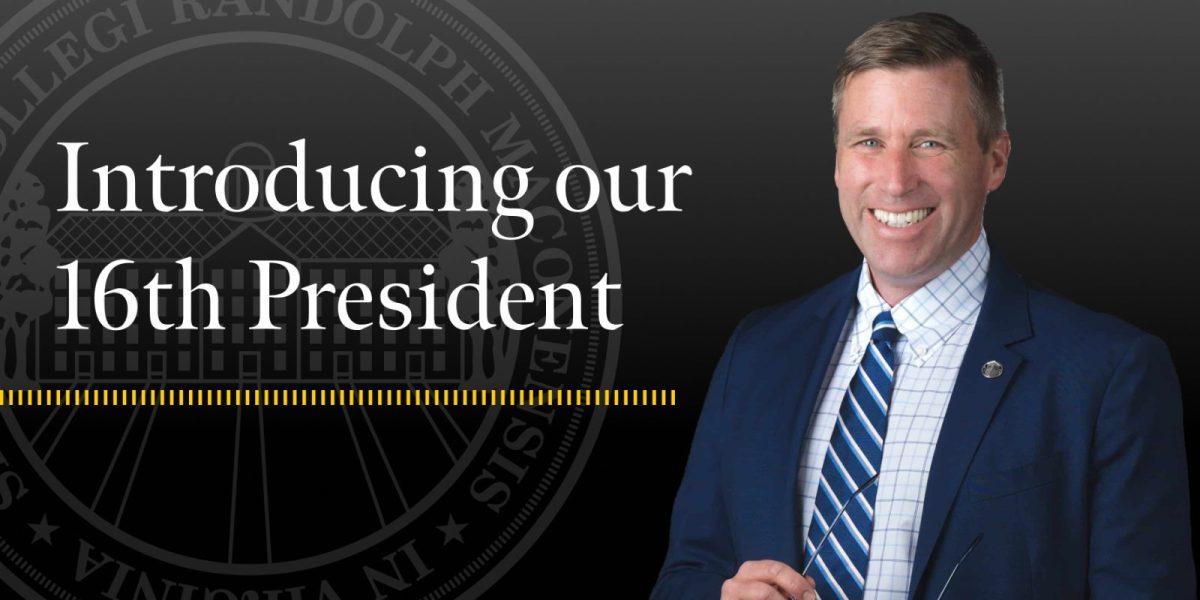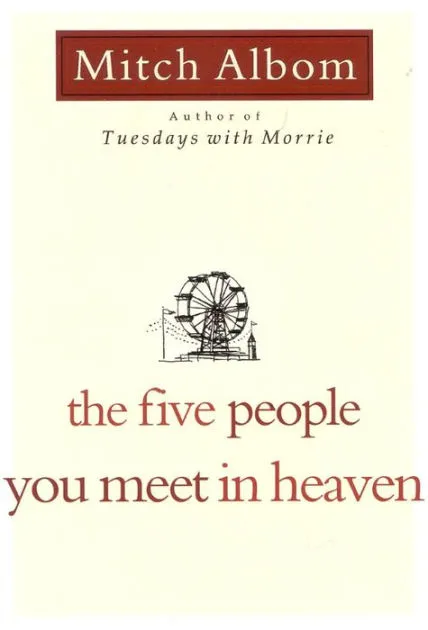On Tuesday night, we witnessed the year’s second presidential debate, but this time, it was Donald Trump versus Kamala Harris, not Donald Trump versus Joe Biden. This debate was supposed to be a game-changer for the presidential race, but did it really shift the dynamics? The debate itself lacked the excitement and shock value of the previous one. Trump did well under the circumstances and had a near-perfect debate. For now, I’d grade Trump’s performance as an A- to A. Harris’ performance, on the other hand, hovered around a C- to C, mainly because her goal was survival after Biden’s shaky performance in the previous debate. Harris’ approach stood out because she relied on memory recall rather than quick thinking. She is not an intuitive or improvisational thinker. This was most evident when discussing abortion—one of the few issues
where she spoke with genuine passion and coherence. On other issues, she appeared scattered, only eventually realizing she needed to push for policies that suggest meaningful change.
The policies she proposed felt reminiscent of the Clinton-era’s late-90s programs. Back then, Bill Clinton advocated for a middle-ground approach, saying that the government could be a force for good and that we could find a way to create programs that benefit the population. Harris’ challenge was that if she wanted to change the trajectory of the race, she needed to redefine herself for a broader audience as something more than just anti-Trump. She needed to offer substantive policies that ordinary people could connect with and relate to. If I were advising the Democrats, I would have promised voters something tangible, like a new stimulus check.
The key takeaway for most ordinary people and political independents was that Trump was essentially debating 1v3, with the moderators assisting Harris by giving her softball questions and only fact-checking Trump. Harris on the other hand did not get fact-checked. This reinforces the idea that moving forward, Republican candidates should refuse to agree to terms set by mainstream media outlets. Before the debate, ABC News political director, Rick Klein, claimed that they would not fact-check everything. This was not the case, as David Muir and Lindsey Davis repeatedly fact-checked Trump while neglecting to do the same for Harris. This is not surprising considering the head of ABC News, a close friend of Kamala Harris, was instrumental in introducing her to her husband. It was easy for Harris to answer the initial questions when the moderators were on her side. To his credit, Trump did his best and performed well under the circumstances, although he grew visibly frustrated, as did many viewers. Entrusting ABC News with this debate was a mistake. Republicans should learn from this experience, as Democrats consistently ensure they work only with moderators they trust. This should be the last time Republicans participate in a debate under these conditions, as it was clear the moderators were intent on undermining Donald Trump throughout the event.
When Trump attempted to clarify that his comment about losing the 2020 election ‘by a whisker’ was made sarcastically, David Muir interjected, ‘I didn’t hear sarcasm.’ Frankly, who cares what Muir thought? What qualifies him as the political analyst-in-chief? And he is supposed to be the objective anchor of World News Tonight? The most troubling aspect was ABC News’ blatant strategy, which followed a clear pattern: ‘President Trump, you’ve made a highly controversial and offensive remark. Let me remind the audience what it was. Do you have any regrets or thoughts on the severity of your words?’ Trump would respond. Then, ‘Vice President Harris, how do you feel about Trump’s actions?’ This cycle repeated endlessly. Essentially, the format was: ‘President Trump is terrible. Vice President Harris, isn’t he terrible?’ To make matters worse, all of Trump’s responses were immediately followed by fact-checks, several of which seemed questionable
Turning to Trump’s performance, it was nearly the perfect debate for him. First, it wasn’t an extraordinary game changer, but that’s precisely what he needed, as the fundamentals of this election favor him. Second, for the average voter, nothing that night altered the race since the three key issues— the economy, war, and immigration—are where Trump holds a significant advantage among voters. Third, the viral moment of the debate belonged to Trump, and it was an issue that worked in his favor. When people are talking about whether illegal immigrants are eating pets, it is a win for Trump. The issue is so visual and visceral that it will naturally spread, especially since the media can’t resist taking the bait.
This situation is like the classic loaded question, ‘When did you stop beating your wife?’ If the media is running fact-checks that illegal immigrants aren’t eating pets, what’s lingering in people’s minds is the opposite. Trump skillfully used an old tactic: he who defines the terms of the debate wins the debate. This is why Trump kept circling back to the economy and immigration—issues where he is strongest, allowing him to control the narrative.
Overall, Trump emerged stronger from this debate because he did what he needed to, while Harris failed to introduce new policies or strategies that would drastically shift the race. The media may push the narrative that Harris won, but that’s largely due to the low expectations set by Biden’s performance in the previous debate and the media’s attempt to make this race seem closer than it is. Throughout his political career, Trump’s debate performances have consistently gained him voters, and that’s how you win elections—not by winning debates, but by winning over voters. His ability to control the narrative and create a viral moment worked to his advantage, engaging the audience and keeping them hooked, while Harris missed an opportunity to redefine herself. Ultimately, Trump didn’t need a dramatic shift—he needed to reinforce his strengths, and he did just that.
All opinions shared in this article are the author’s own. This does not represent the organization.















Ted sheckels • Sep 22, 2024 at 6:15 pm
Who in the Republican Party paid this student to parrot the pro-trump line on this debate, one that totally ignores what really happened. I’m embarrassed to have been a faculty member at this institution. There were negatives on both sides, yes, but harris came across as engaged with the concerns of voters and as pleasant. Trump, when not lying, was so, so very negative about everything and full of himself. That’s why just about every poll showed a decisive Harris win.